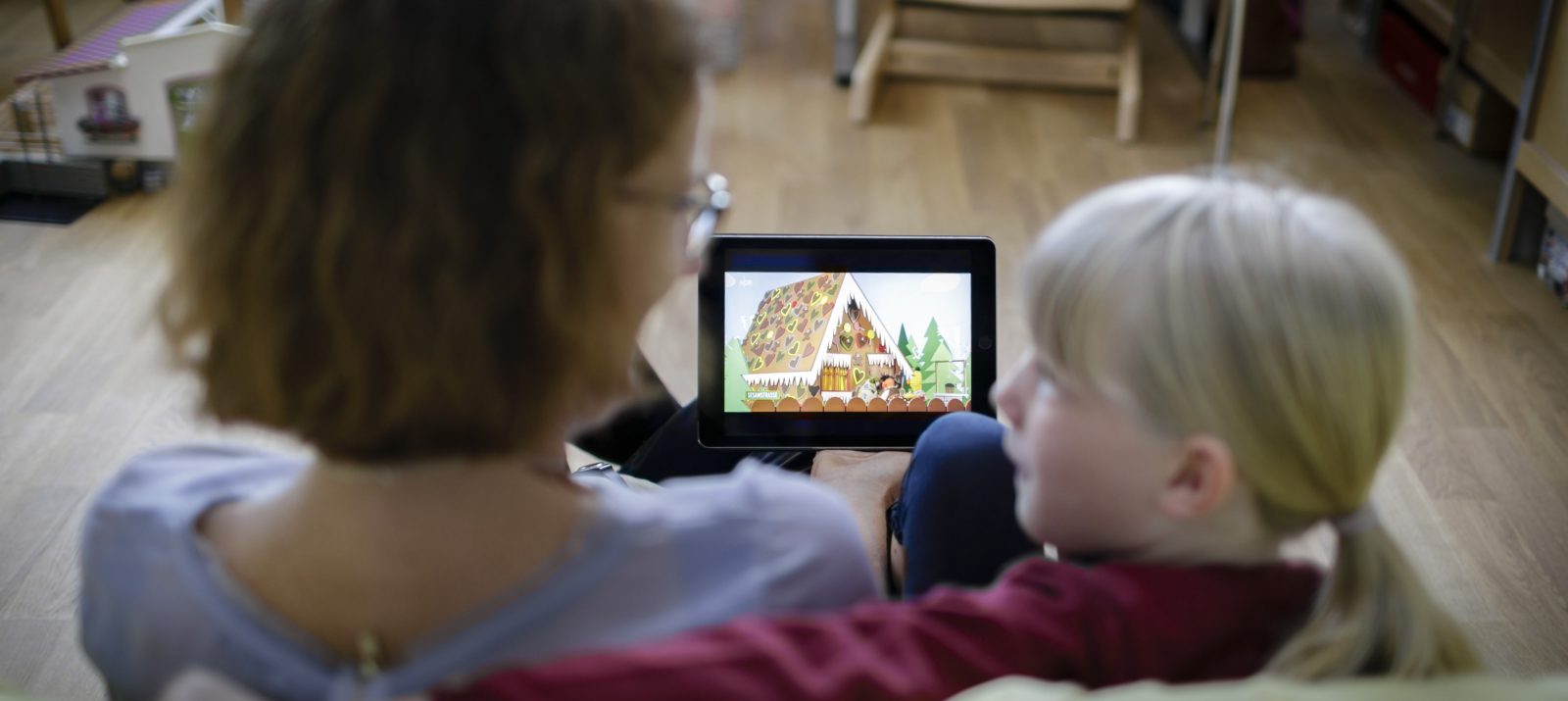
Parents, siblings, relatives, friends, educators: In everyday life, children and young people have to deal with many different people. But who among all these people is (co-)responsible for media education? Just you as parents? All educators? Or even the media themselves?
The first goal of media education is to help people deal with media in such a way that it does not harm them and that they have as positive an experience with media as possible. For the time being, this does not distinguish media education from other forms of media literacy promotion. The difference between this and media education for children, e.g. at school, is that media education is not always aimed at learning and also happens unconsciously. A good example of this is the role model function of parents. How much time you spend on the smartphone yourself or what you watch on TV together with your child all have an impact on your child’s media education. But much of it you decide unconsciously or spontaneously. In addition to these often rather unplanned forms of media education, there are also targeted and concrete measures, such as agreeing on common rules.
The older children get, the more different people have to deal with their upbringing. Parents and other family members are first in line of responsibility. However, media education is far too big a task and challenge to leave it to you as parents alone. In addition to various support and help offerings on the Internet and on site specifically for parents, such as parents’ evenings, there are various ways to approach media education together.
Media education also takes place in kindergartens and schools. Parents can get involved there in the parents’ council and, for example, contribute something to a media concept or a media development plan.
The media themselves and people and figures who make media and are seen in media can also be seen as actors in media education. Media providers should, for example, design their offerings in such a way that it is apparent for what age they are suitable. Youth protection institutions, such as the USK, are also responsible for supporting media education. People who can be seen in the media, such as influencers, also bear responsibility. They are a role model for many children and young people and can contribute to a healthy approach to media, but they don’t have to.
You are not alone in media education. Many parents have similar problems and it is worth talking to each other and pointing each other to support services. In your family, they should agree on rules together that then apply to everyone. Good media education can also be helped by making it clear that what you do with media, perhaps unconsciously, has an influence on your children’s media use: for example, what media are available at home or how much time you spend with media yourself. However, you obviously can’t work with all the players who have an influence on your child’s media education. See that you co-create media education with those where it is possible, such as other parents or in the KiTa or school, and which offer the support you need.